The electrical system of an automobile is a sophisticated network of parts cooperating to maintain seamless running condition. The alternator, a vital gadget producing electricity to charge the battery and run different electrical components, is at the core of this system. An alternator failing can have a major effect on a fresh battery, therefore affecting the general performance of the vehicle.
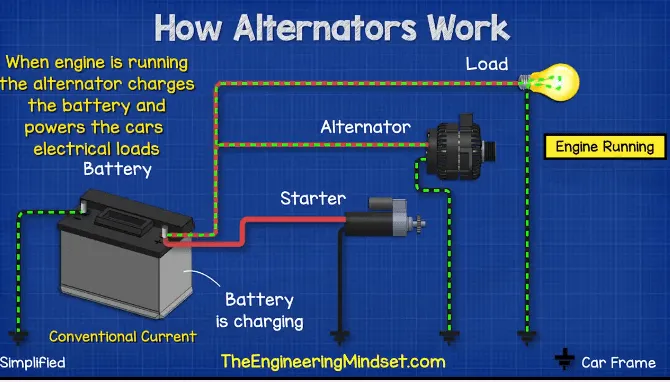
For drivers, knowing the alternator’s and battery’s interaction is crucial. Problems ranging from overcharging to inconsistent charging—both of which can harm a fresh battery—can be brought on by a broken alternator. This page explores the impact of alternator failure on a fresh battery, including the dangers of overcharging and the results of uneven power delivery. It also covers subjects such the cost of alternator replacement and the need of early alternator maintenance to preserve the electrical system’s condition of your vehicle.
Table of Contents
Understanding the Relationship Between Alternator and Battery
Together, the battery and alternator ensure that the electrical system of an automobile runs faultless. The alternator is essential for preserving power while the engine is started, even if the battery starts the car. Let’s investigate the interactions among these elements and what follows in case of problems.
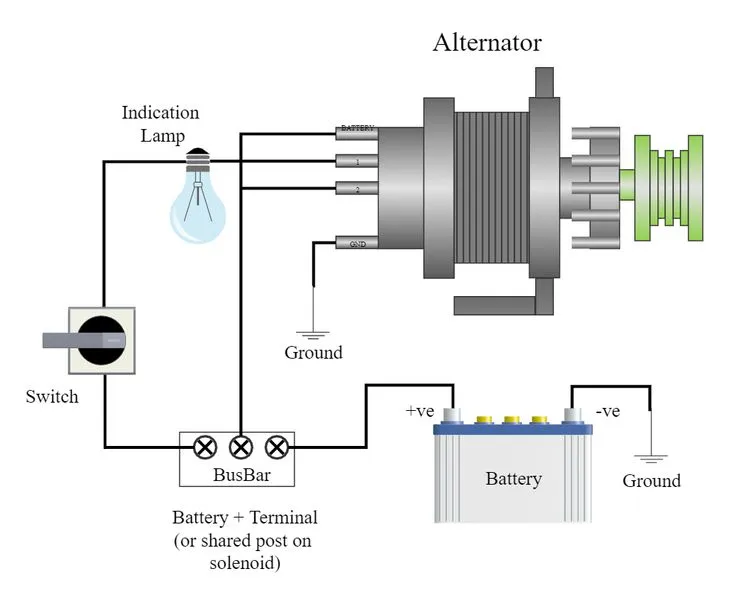
The Role of the Alternator
An engine in a car depends on the alternator absolutely. Its primary responsibility is voltage management and power supply back-off for battery recharging while the car is driving. The alternator guarantees a consistent supply of power to the electrical systems of the car when it is running as it should, therefore lowering the battery load.
How a New Battery Functions
Designed to start the car and supply initial power to the electrical systems, a fresh battery The alternator takes over as the main power source once the engine is operating, therefore enabling the battery to be charged. In a system that is in good working order, this relationship prolongs the battery’s lifetime and helps to preserve its condition.
Signs of a Failing Alternator
A failing alternator can have serious consequences for a new battery. Here are some tell-tale signs that alternator might be bad:
- Unusual noises coming from the engine
- Stalling engine
- Illuminated check-engine light
- Dimming headlights or other electrical issues
If these symptoms occur, it’s important to have the vehicle checked promptly. A faulty alternator can lead to several issues:
- Overcharging: A bad alternator might overcharge the battery, causing premature cell failure and potentially damaging car electronics.
- Intermittent charging: This can cause the engine to shift power demands to the battery, potentially drying it out and causing damage.
- Loss of charge: If the alternator stops redirecting power to the battery, it may not receive sufficient charge, leading to long-term damage.
A new battery won’t live long without appropriate care, even if it might run for some time with a malfunctioning alternator. Regular inspections and maintenance by licenced experts can assist to avoid these problems and guarantee the lifetime of the alternator and battery.
Overcharging: A Major Risk to New Batteries
For a new battery, an alternator failing might have major implications. Overcharging is one of the most major hazards since it can permanently harm the battery and other vehicle parts.
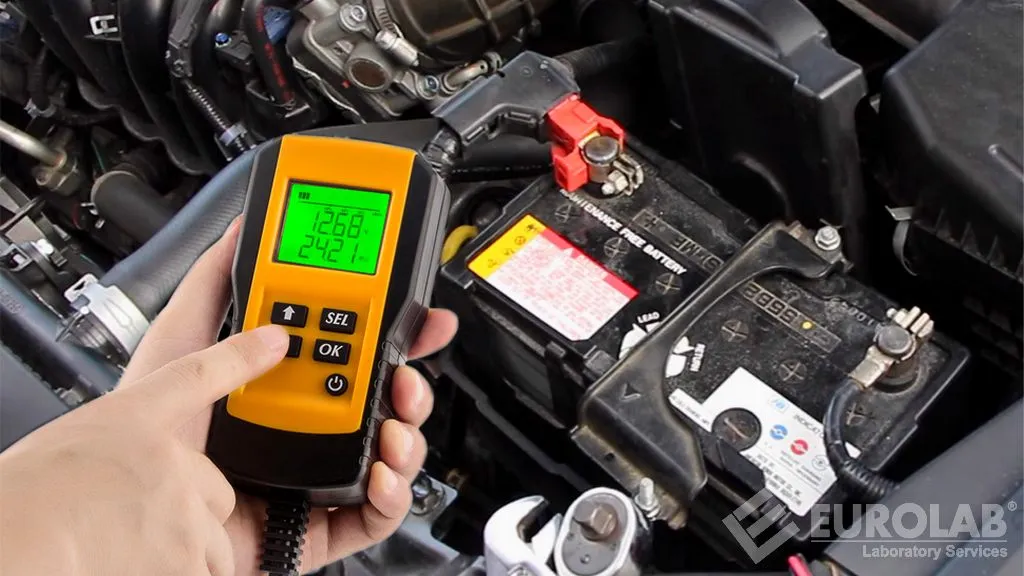
Why Overcharging Occurs
Many times, a malfunctioning alternator loses its capacity to control voltage charge. It could thus keep running power to the battery even in completely charged condition. Particularly dangerous for a new battery is overcharging brought on by this unbridled flow of electricity.
Effects on Battery Cells
For battery cells, overcharging can be rather destructive. Premature cell breakdown in a battery can result from more charge than it can manage. The battery heats up from the surplus electricity, which can break down the interior components. This process drastically reduces the lifetime of the battery, therefore transforming a new battery into a useless one in not too long time.
Potential Damage to Car Electronics
Overcharging carries hazards beyond only those related to the battery. An overcharging alternator’s rush of electricity could harm other electronic parts in the car. Sensitive electronic systems, which modern cars mostly depend on, are readily harmed by voltage spikes. This implies that a malfunctioning alternator not only compromises the new battery but also can result in expensive repairs for other vehicle systems.
It’s important to keep in mind that a new battery might run for a period without malfunction even with a damaged alternator. The battery won’t last long, though, if the problem isn’t resolved right away. Unusual engine noises, a stalling engine, or an illuminated check-engine light should all be indicators of alternator issues for car owners. These indications demand quick action to stop harm to the new battery and other vehicle parts.
By means of regular inspections and maintenance carried out by competent professionals, these problems can be avoided, therefore guaranteeing the lifetime of the alternator and battery. Early alternator repairs help car owners save their fresh batteries from overcharging threats and prevent perhaps expensive repairs later on.
Intermittent Charging and Its Consequences
While car batteries are essential for starting the vehicle, they’re not the main source of power when the car is running. That’s where the alternator comes in, ensuring a steady supply of power. However, when an alternator fails, it can lead to intermittent charging, which has serious consequences for a new battery.
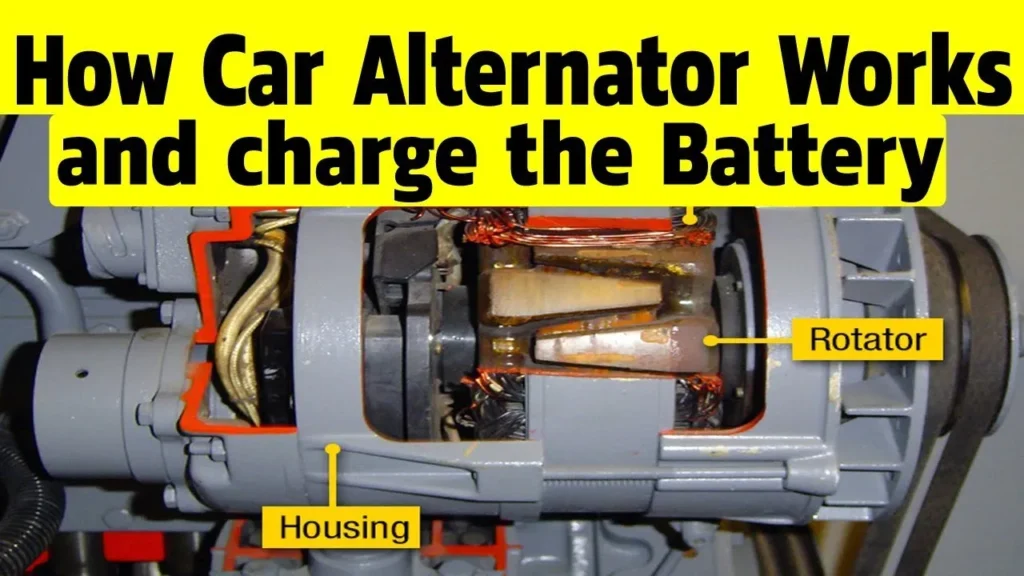
How Intermittent Charging Happens
A faulty alternator often loses its ability to provide consistent power to the car’s electrical system. This results in intermittent charging, where the engine shifts back to the battery as a power source. Instead of the alternator supplying a steady stream of electricity, the battery has to step in to fill the gaps.
Impact on Battery Life
The lifetime of a new battery can be much influenced by this uneven charging pattern. Repeatedly calling on a battery to supply power that should be coming from the alternator might cause many problems.
- Premature wear: The constant cycling between charging and discharging can wear out the battery faster than normal.
- Drying out: Intermittent charging can cause the battery to dry up, damaging its internal components.
- Insufficient charge: If the alternator isn’t redirecting enough power back to the battery, it might not receive sufficient charge to maintain its health.
Over time, these factors can significantly shorten the life of a new battery, turning what should be a long-term investment into a short-lived component.
Recognising Intermittent Charging Issues
It’s crucial to be aware of the signs that might indicate intermittent charging issues:
- Dimming or flickering lights
- Electrical systems behaving erratically
- Battery warning light on the dashboard
- Difficulty starting the car, especially after short trips
If any of these things happen, you should get the car checked out right away. A new battery might work for a while with a broken generator, but it won’t last long if you don’t take care of it. Regular maintenance and checks by experienced technicians can help keep these problems from happening and make sure that both the alternator and the battery last as long as possible.
Conclusion
The whole performance of a vehicle depends on the alternator’s and battery’s interaction. An alternator failing can have a big effect on a fresh battery, maybe causing overcharging or sporadic charging problems. These flaws can limit the lifetime of the battery, ruin automobile electronics, and generate a spectrum of electrical problems in the vehicle.
In summary, automobile owners should be alert for the indicators of a malfunctioning alternator and respond fast when problems develop. Skilled specialists’ regular inspections and maintenance help to avoid these issues, therefore guaranteeing the lifetime of the alternator and battery. Drivers who remain on top of these possible problems will be able to prevent expensive repairs and maintain their vehicles’ functioning order.
FAQS
-
Can a faulty alternator damage a new battery?
Yes, a malfunctioning alternator can harm a new battery in two main ways. Firstly, it may fail to charge the battery adequately, leading to the battery being drained to the point where it may no longer hold a charge. Secondly, an alternator that overcharges the battery can cause excessive heat and potential damage, shortening the battery’s lifespan significantly.
-
How long can a new car battery last if the alternator fails?
A new car battery might last from 30 minutes to an hour if the alternator fails, depending on various factors such as the battery’s condition and the electrical demands of the vehicle. However, this is not a sustainable solution, and the alternator should be repaired or replaced promptly to avoid being stranded.
-
What are the risks of driving with a bad alternator?
Driving with a faulty alternator can lead to a range of issues. Initially, the vehicle might rely on the battery alone, which will eventually drain. This can result in loss of vehicle lighting, reduced efficacy of electronic systems, and ultimately, the vehicle might stop running. Continuous driving under these conditions can lead to a complete battery discharge and potential damage to the vehicle’s electrical system.
-
Is it possible for a bad alternator to drain a battery overnight?
Yes, a defective alternator can drain a battery very quickly, potentially even overnight. This can occur if internal components like rectifier diodes or the voltage regulator fail, causing the alternator to draw power from the battery continuously.

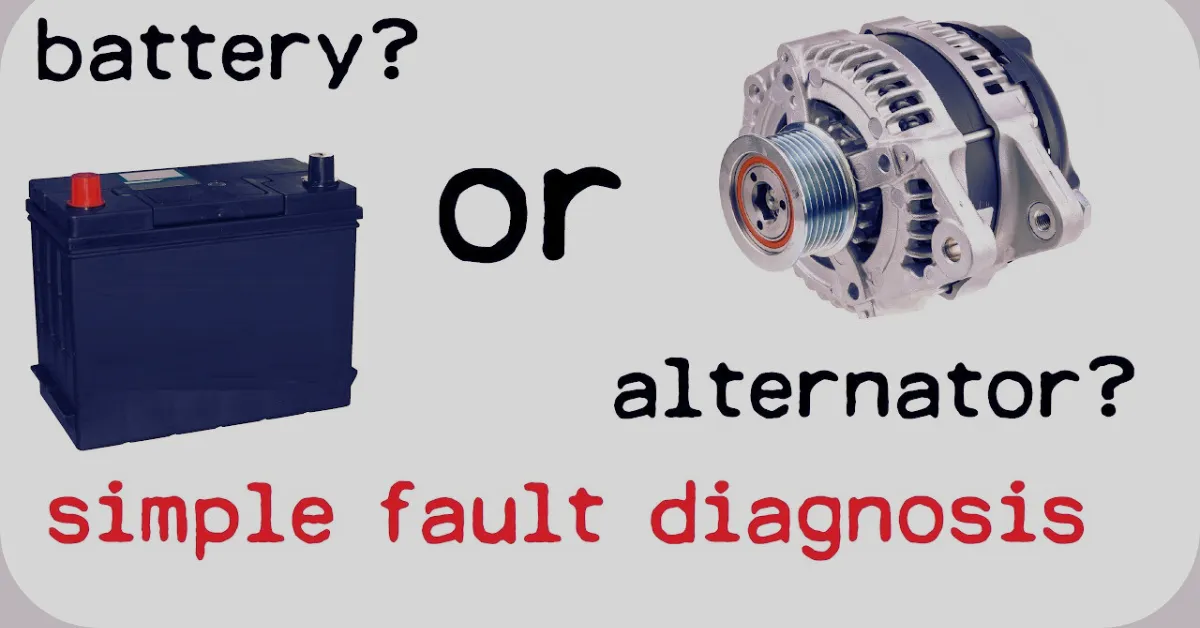
 Blog
Blog